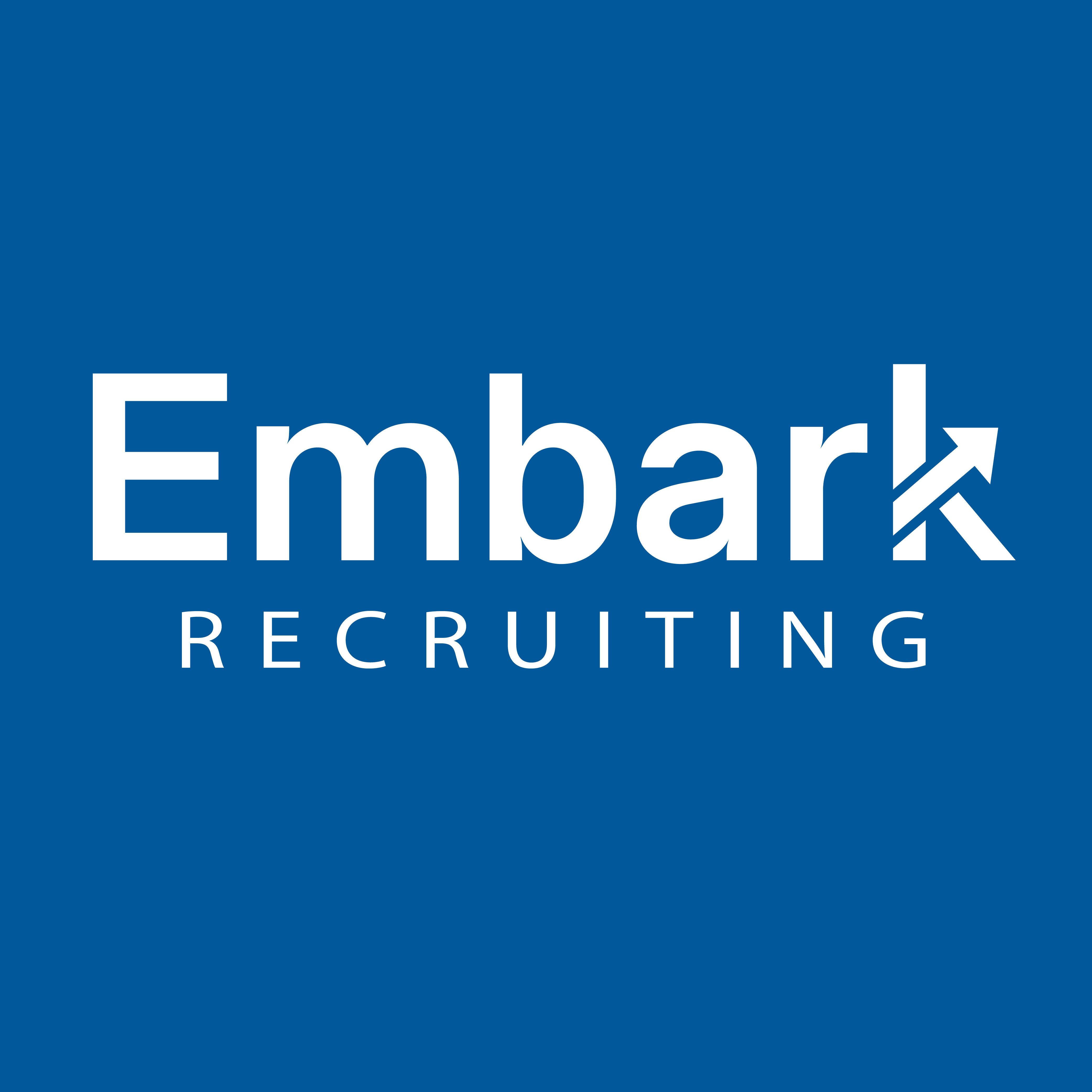Interview techniques:
Online interviews can be incredibly hard especially when the school has been interviewing people for weeks and you are both in different time zones. We have prepared a document to make sure you are fully prepared for your interviews and have included advice on how you can structure your answers. The schools are looking at your personality and social skills so please stay engaged and bright throughout the interview.
Please look at the following information and take it into consideration when you interview with the schools.
Before the interview
Prep well, check you have the correct link and have no problems logging in.
Furthermore, research the school, their curriculum (whether they follow the Korean, American or British education system for example), and their location. Please arrive 5 minutes before the agreed-upon start time and ensure you have a stable Wi-Fi connection.
Please wear a shirt or clean blouse and if you have longer hair, please tie it so it is not covering your face.
Your skills: have three skills on hand that you can talk about. If you need help structuring your answers, you can use the PER formula; point, evidence, result.
Point- what skill did you develop and why did you need to develop it?
Evidence- give a situation in which you learned how to use this skill.
Result- how did this positively impact your students/colleagues, your working style, and your bosses?
Example:
P: I have worked on my communication skills, especially with children of varying ages.
E: When I first started teaching, I did not change how I spoke to kindergarten and elementary students, compared with middle school students. What I learned was that kindergarten students have to be spoken to in short sentences and given one task at a time. On the other hand, middle school students can take in lots of information at one time and prefer to be given all the information first before they start working on questions.
R: the result of this was that my relationships with the different aged students improved significantly and I was able to adapt my teaching style to fit the children and their needs better.
Personality: What quality makes you stand out from the rest? Do you have an unusual experience that has positively affected how you see your work?
Example:
P: When I completed my university degree I volunteered at a local foodbank.
E: The reason why I did this was because I wanted to give back to my local community but also better understand the people around me.
R: This has made me more grateful for my own living situation but also more understanding about the needs and situations of the people around me.
During the interview:
It is good for you to make sure that they are engaged by keeping focused during it and adding slight pauses after someone has asked a question to show that you are thinking about it (even if you don’t need to).
-
Make sure that you look into the camera when interviewing and actively show your engagement through nodding and exclamations of agreement or acknowledgment
When answering questions try to stick to PER (point, evidence, result). As many of the people you are interviewing with have English as a 2nd/3rd language, keeping your answers clear and concise will help.
Example question: What skills would help you become a successful teacher?
Example answer:
P: I think that my skills in communication but also as a team player would help me become a successful teacher.
E: During university, when completing projects with my peers, I would actively listen to what others had to say and consider their opinions against the larger goals of the group.
R: This resulted in effective communication between me and my peers but also developed my own listening skills, something important when teaching children.
After the interview
Reflect on what went well and your feedback on the school.
-
What positives and negatives can you take away from the interview/school?
-
How well did you do based on your own reflections on the interview?
Feed these back to your recruiter so we can use them to make more informed decisions in the future.
If you have any questions, feel free to ask.
Share

Embark Recruiting Blogs
Embark Recruiting
As former native English teachers in Korea, we know exactly what it’s like to navigate teaching abroad. That’s why we’re committed to increasing transparency in schools and improving Korea’s ESL teaching industry. At Embark Recruiting, we provide full support to help you succeed. Our blogs offer guidance, tips, and insider knowledge for teaching in Korea.